14 Ways The World Would Change If Everyone Went Vegan
While it’s unlikely to happen, there would be some pretty significant changes to our planet if the entire world became vegan. In fact, the changes could be pretty darned substantial. But even if half of the world were to go plant-based, these changes would only be beneficial. Here’s what would potentially happen.
1. Environmental Impact Reduction
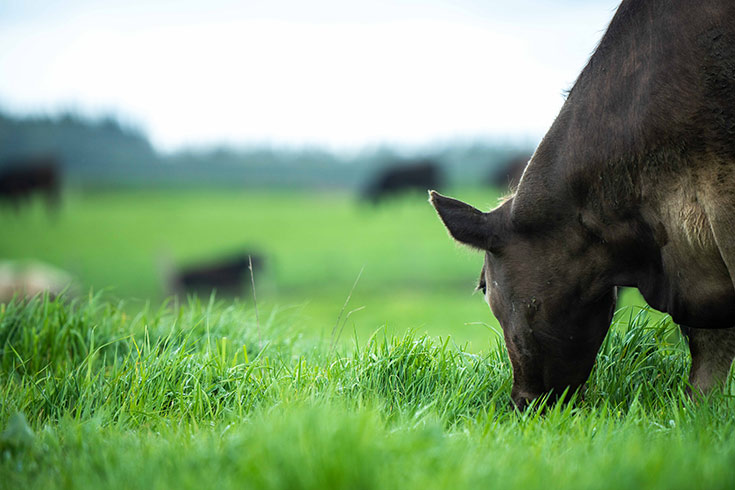
Veganism would result in a notable reduction in the environmental footprint of human activities. By eliminating the need for animal agriculture, greenhouse gas emissions, deforestation, and water consumption associated with livestock farming would decrease significantly. This transition holds the potential to curb climate change, conserve natural resources, and promote a more sustainable and ecologically balanced world, aligning with global efforts to address environmental challenges.
2. Agricultural Landscape Transformation
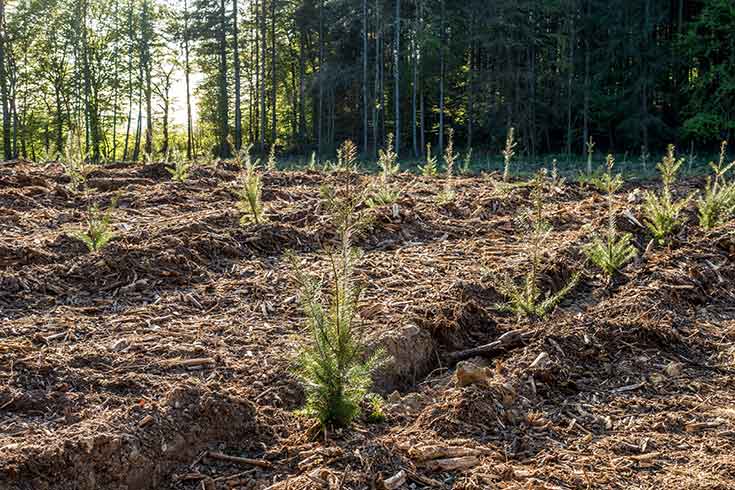
The shift to a vegan world would drastically reduce the demand for livestock farming and animal agriculture. With the reduced demand for animal agriculture, vast expanses of land currently used for grazing and feed production could be repurposed for reforestation and ecosystem restoration. This shift would contribute to environmental conservation and mitigate the negative impacts of deforestation and habitat loss, fostering a more sustainable relationship between humans and the planet.
3. Alleviating Hunger and Food Security
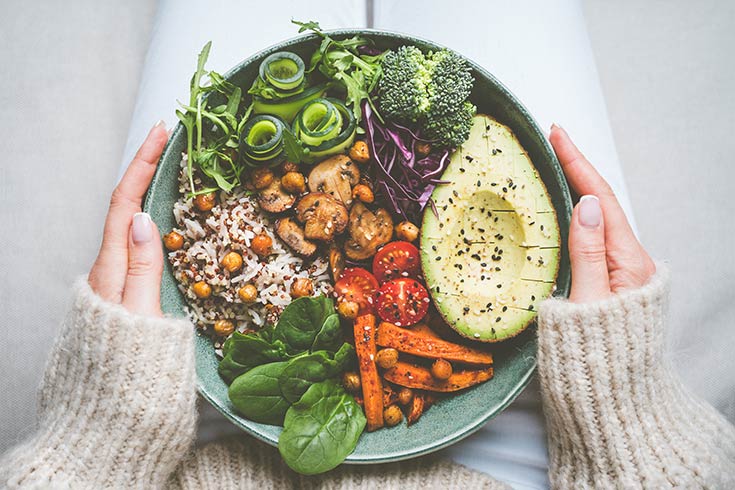
The land and resources saved from not raising animals for food could be redirected toward growing plant-based foods directly for human consumption. This shift could alleviate global food scarcity and improve food security for vulnerable populations.
4. Health and Well-being Improvements

A well-balanced vegan diet, rich in plant-based foods, is associated with reduced rates of chronic diseases. With a reduced saturated fat intake and increased consumption of nutrient-dense fruits, vegetables, and whole grains, individuals can achieve weight management, better blood pressure, and improved overall well-being, making veganism a potential pathway to a healthier and more vibrant life.
5. Animal Welfare Enhancement
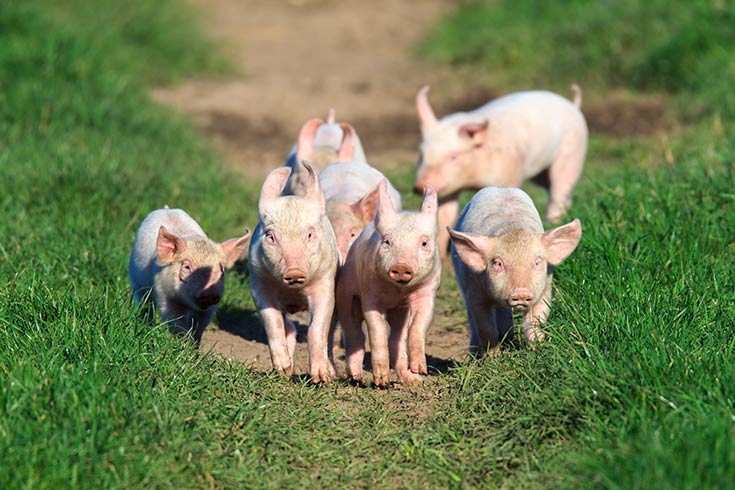
Veganism serves as a powerful tool for enhancing animal welfare on a global scale. By abstaining from animal products, individuals directly contribute to the reduction of demand for factory farming and slaughterhouses. This compassionate choice spares billions of animals from suffering, allowing them to live free from exploitation, cruelty, and confinement.
6. Biodiversity Preservation

The reduction in land use for animal agriculture would help preserve biodiversity by preventing habitat destruction and promoting healthier ecosystems.
7. Economic Transformations

The shift toward veganism triggers significant economic transformations across various industries. As demand for animal-derived products decreases, sectors linked to animal agriculture, such as meat processing and leather production, undergo substantial shifts. New opportunities emerge in plant-based food production, alternative materials to animal products like leather, and sustainable technologies. While economic adjustments may occur, the transition to a more plant-centric economy paves the way for innovation, job creation, and the development of sustainable business models aligned with ethical and environmental values.
8. Altered Dietary Industries

Veganism catalyzes transformative shifts in dietary industries by fostering innovation and diversification of plant-based food options. Adopting a vegan diet requires careful planning to ensure proper intake of essential nutrients such as vitamin B12, iron, omega-3 fatty acids, calcium, and protein. With the increased demand for vegan products, food science, and technology have evolved to create a wider range of flavorful and nutritious alternatives to meet the required nutrient intake for the body.
9. Cultural and Culinary Evolution

Cuisine and culinary traditions around the world would evolve to adapt to a vegan diet, resulting in the exploration of new flavors, ingredients, and cooking techniques. As traditional cuisines adapt to plant-based lifestyles, cooking traditions worldwide are reimagined, leading to the development of innovative plant-based substitutes. This shift encourages cross-cultural exchange and creativity in the kitchen, enriching global culinary experiences and reshaping how people approach and enjoy their meals.
10. Water Resource Conservation

Animal agriculture is a prominent contributor to water pollution and excessive water consumption. A vegan world would drastically reduce the need for water-intensive farming practices, conserving this precious resource.
11. Changes in Health Care

As the prevalence of diet-related diseases decreases, healthcare systems would see shifts in resource allocation, focusing on preventive care and wellness promotion rather than treating chronic illnesses.
12. Evolution of Education

A vegan world would likely lead to changes in educational curriculum, emphasizing the importance of sustainable food choices, ethics, and the interconnectedness of ecosystems. The curriculum would likely integrate lessons on the environmental and ethical implications of dietary decisions, fostering greater awareness among students. This evolution of education equips the next generation with the knowledge and values needed to make informed, responsible choices for a more sustainable future.
13. Reimagining Social Norms

As plant-based lifestyles gain traction, a more compassionate and environmentally conscious ethos emerges, reshaping how society views and interacts with animals and the environment. This shift fosters a cultural transformation, driving individuals and communities to align their values with a more ethical and sustainable way of living, thereby contributing to a harmonious coexistence between humans, animals, and the planet.
14. Lower Obesity Rates

Vegan diets tend to be lower in calories and unhealthy fats, which can help combat obesity. You can still get all your needed protein from plants, yes, even complete protein, just like meat.
Interested In Starting A Vegan Diet? Here’s How To Do It With Ease
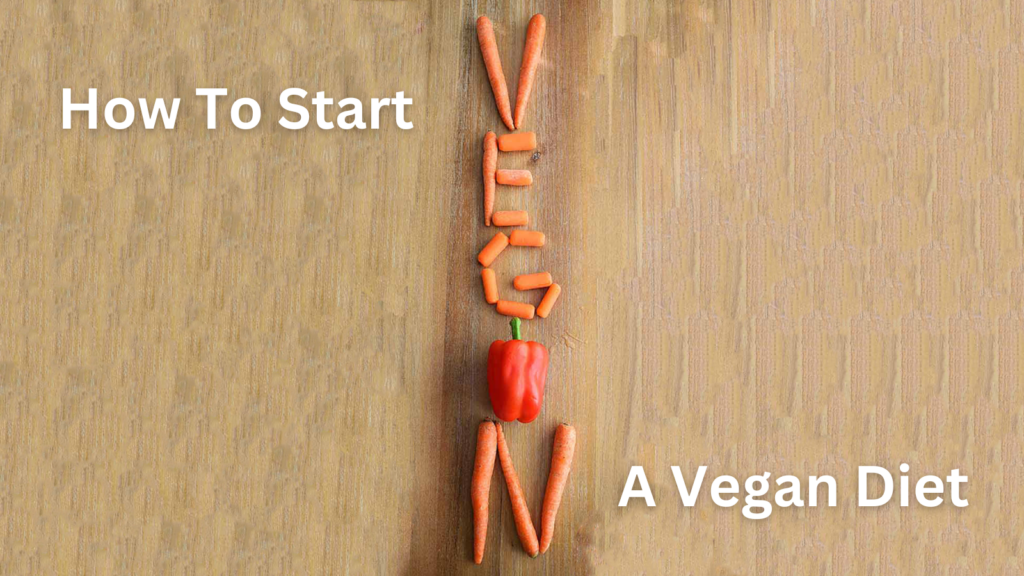
It doesn’t have to be overwhelming to start a plant-based diet. This simple guide walks you through some key points and helps you get started in this new way of eating effortlessly.
A Vegan Breakfast Can Be Easy! And It All Starts With Your Waffle Maker

Need a decadent idea for breakfast? These Vegan Waffles are to die for. Make a big batch, freeze them, and then pop a couple into the toaster in the morning on your way out the door. It’s kinda like having brownies for breakfast!
While You’re At It, Prep Breakfast For The Week Too. It Only Takes 5 Minutes!
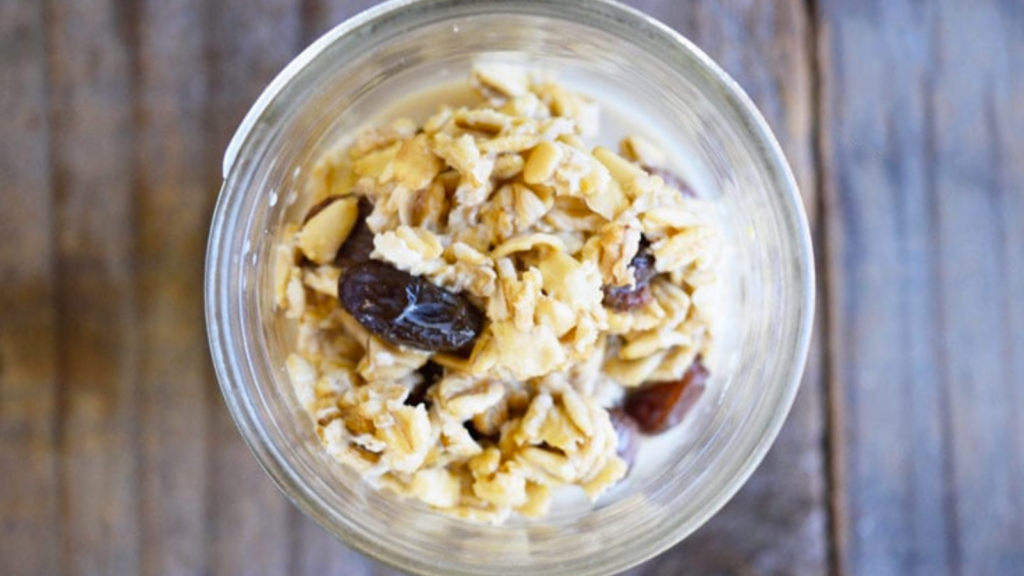
Prepping overnight oats the night before is a fantastic way to ensure that your morning runs smoothly. These delicious oatmeal recipes are prepped in just 5 minutes. In fact, you can even make homemade oatmeal packets with these recipes, so all you have to do is grab a packet and get it in the fridge.
This originally appeared on The Gracious Pantry.

